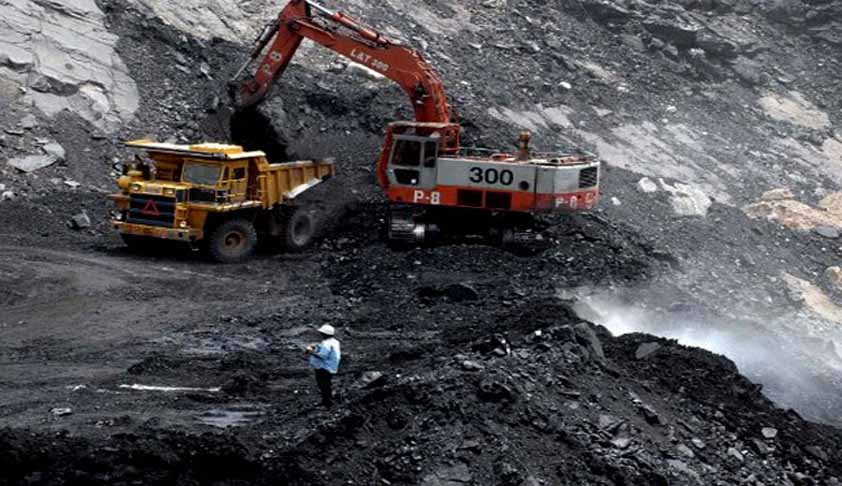Supreme Court quashes 214 coal blocks allocation since 1993, levies penalty of Rs. 295/- per metric ton of coal extracted
Apoorva Mandhani
24 Sept 2014 9:27 PM IST

Next Story
24 Sept 2014 9:27 PM IST
A Supreme Court Bench comprising of Chief Justice R.M. Lodha, Justice Madan B. Lokur and Justice Kurian Joseph today quashed the allocation of 214 out of 218 coal blocks which were allotted to companies since 1993. It was claimed that around Rs. 2 lakh crores were invested in the same.The Court stated, "Our judgment highlighted the illegality and arbitrariness in the allotment of coal blocks...
